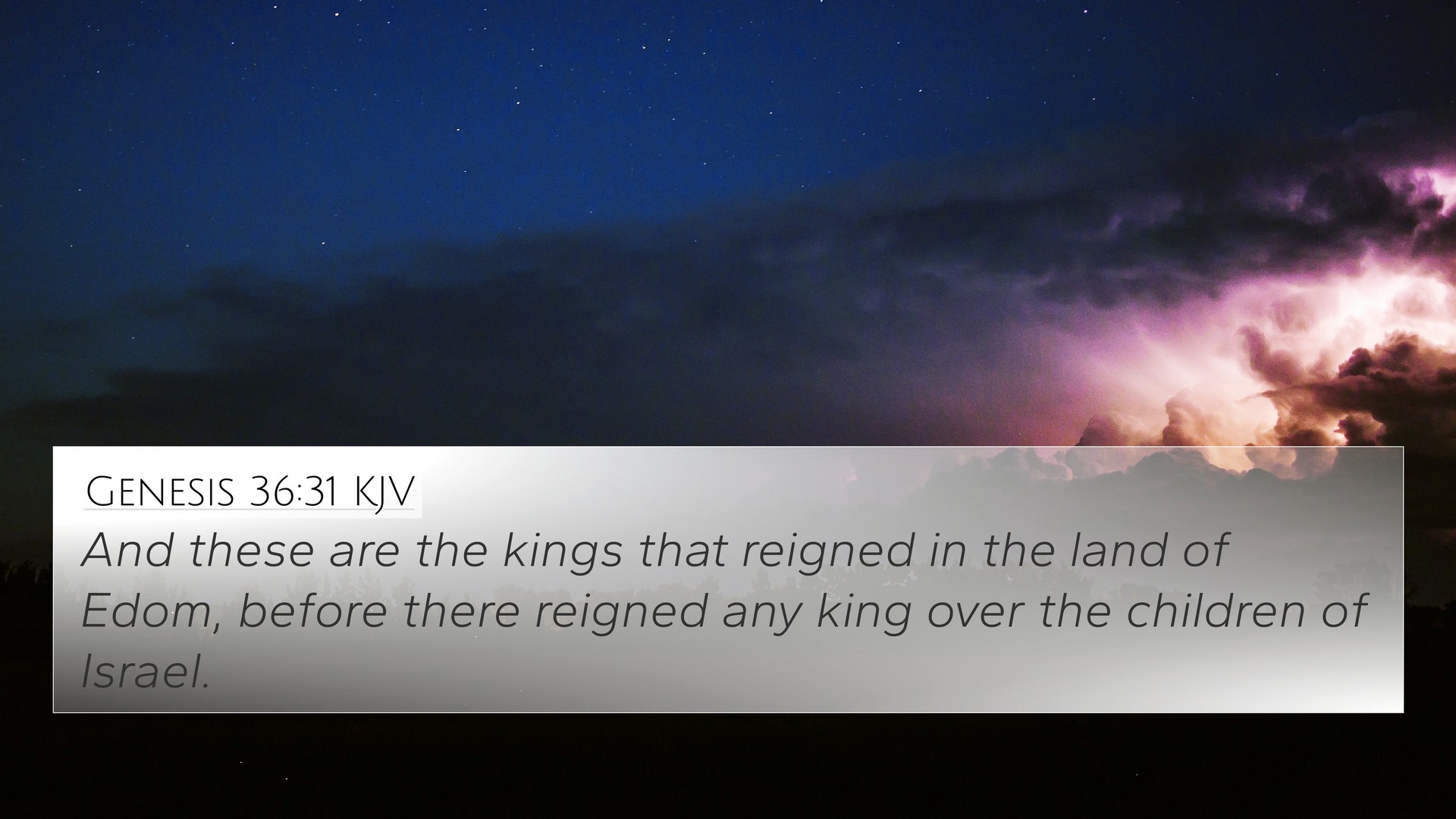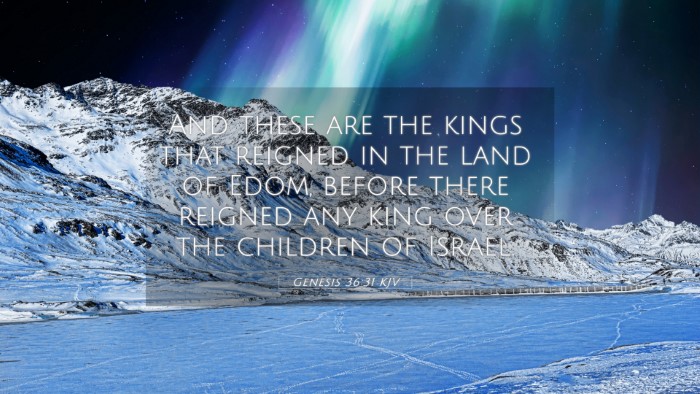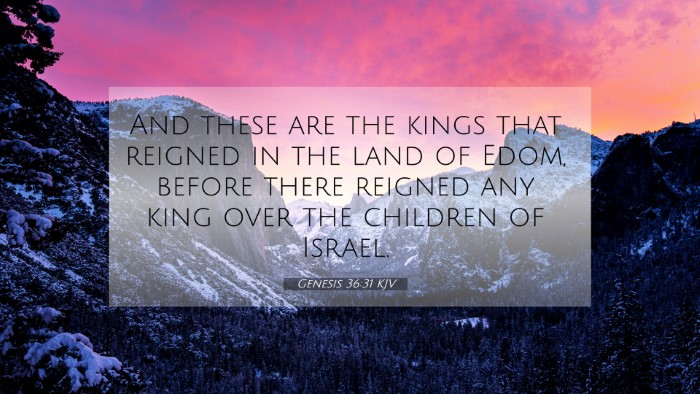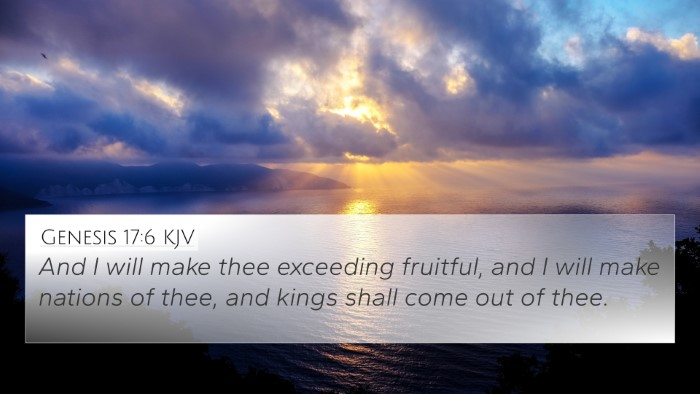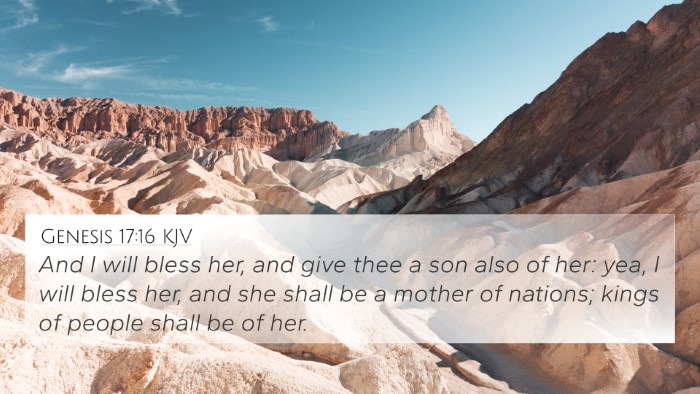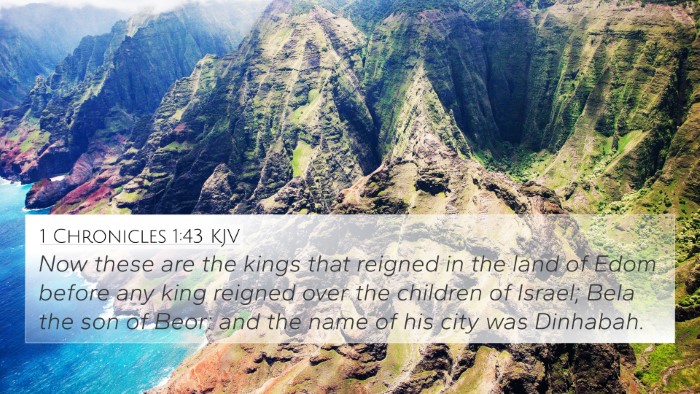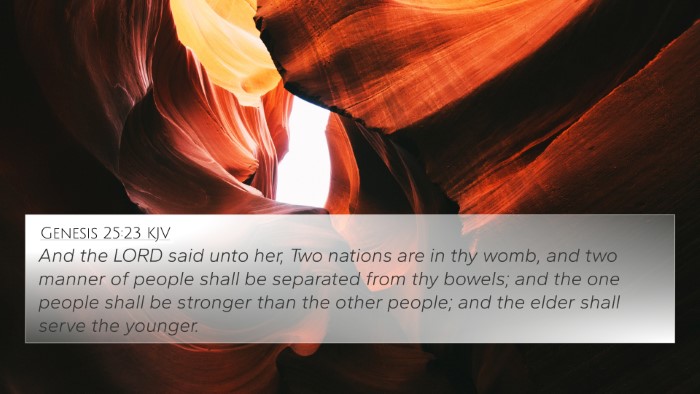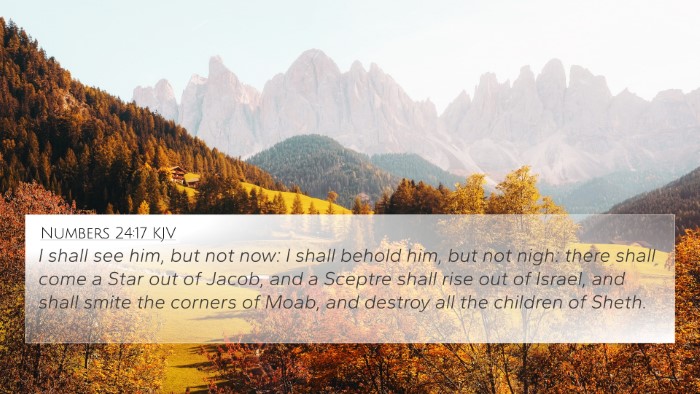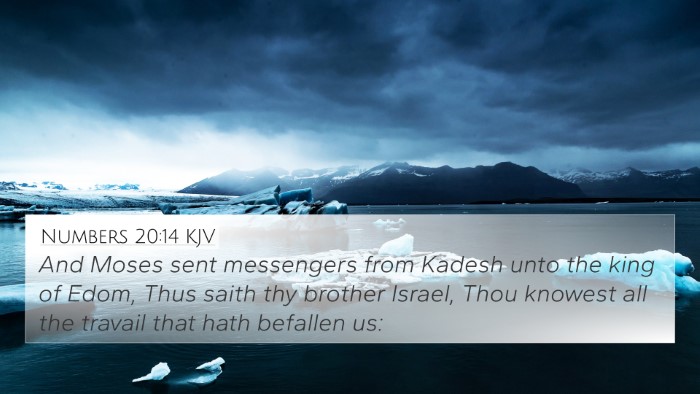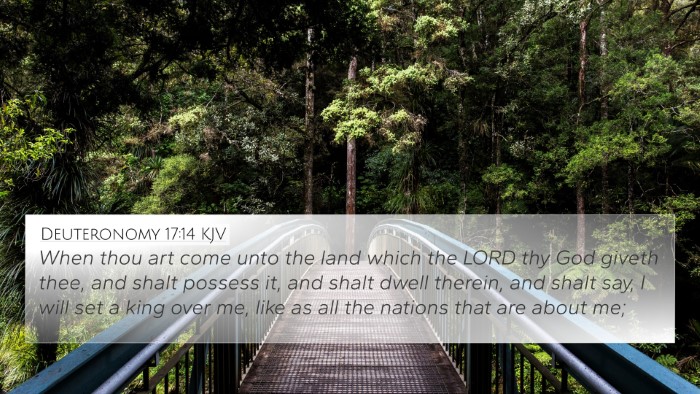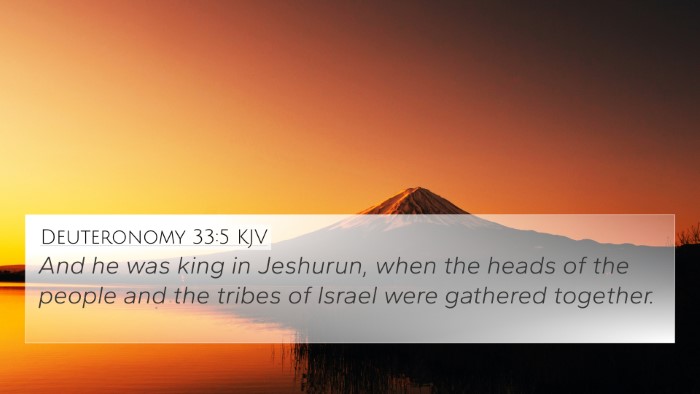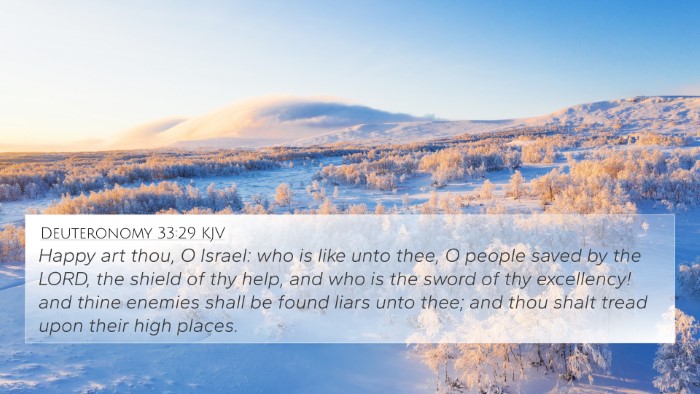Understanding Genesis 36:31
Verse Overview: Genesis 36:31 states, "And these are the kings that reigned in the land of Edom, before there reigned any king over the children of Israel." This verse highlights the historical context of the land of Edom and its leadership structure prior to the establishment of kingship in Israel.
Meaning and Significance
Genesis 36:31 serves as a crucial element in the narrative of Genesis, which provides insights into the transition of governance among different peoples in the ancient Near East. Various public domain commentaries shed light on the theological and historical implications of this verse as follows:
-
Matthew Henry:
Henry emphasizes the contrast between Israel and Edom, noting that while Edom had kings during a time when Israel was still governed by tribal leaders, it establishes a divine order for Israel's future kingship. This foreknowledge points to God's sovereign plan in setting up a nation with a monarchy that aligns with His covenant promises.
-
Albert Barnes:
Barnes highlights that the mention of Edom's kings before Israel's monarchy indicates the emergence of different political structures in close geographical regions. This context provides an understanding of Israel's eventual request for a king, as the desire to be like the surrounding nations developed.
-
Adam Clarke:
Clarke reminds readers that the kings of Edom were established even when Israel was in its formative stage. He ties this to the larger narrative of God’s plan, whereby Israel would one day have its kings, leading to the Messianic line traced through the kings of Israel.
Bible Cross-References
Genesis 36:31 connects with several other scriptures that provide depth to its themes. Some important cross-references include:
- 1 Samuel 8:5: This verse illustrates Israel's demand for a king, paralleling the established kingship in Edom.
- Deuteronomy 17:14-20: Here God outlines the regulations for Israel's future kingship, contrasting with Edom's existing monarchy.
- Genesis 25:30: This verse depicts the relationship between Jacob and Esau and sets the foundation for the future conflict between Israel (Jacob) and Edom (Esau).
- Numbers 20:14-21: This passage describes Israel’s interactions with Edom and shows the longstanding relationship and tension between the two nations.
- Amos 1:11-12: The prophecy against Edom shows God’s judgment upon nations, reflecting God's sovereignty even over those with their monarchy.
- Obadiah 1:1-21: The entirety of Obadiah deals with the fate of Edom and establishes a prophetic view of its downfall, contrasting with Israel's rise.
- Hebrews 7:14: This New Testament verse relates to Jesus’ lineage, highlighting the significance of kinship and the promises related to Judah, one of the tribes of Israel.
Connections Between Bible Verses
The thematic connections established in Genesis 36:31 lead us into deeper exploration of how different scriptures relate to state governance, prophetic fulfillment, and lineage. Understanding these links can illuminate God's overarching narrative throughout scripture.
Conclusion
Genesis 36:31 invites believers to reflect on the nature of divine governance and the historical narratives that shape their faith. Through cross-referencing with other Biblical texts, one can find rich dialogues and insights that enhance the understanding of leadership, divine intent, and the unfolding of God's plan through history.
SEO Optimization
Using tools for Bible cross-referencing can greatly assist in finding connections between verses and themes. Whether exploring cross-references for sermon preparation or conducting a deeper Bible study, these resources help in establishing comprehensive Bible verse parallels. Through a comparative Bible verse analysis, one can uncover the layered meanings that scripture provides.
